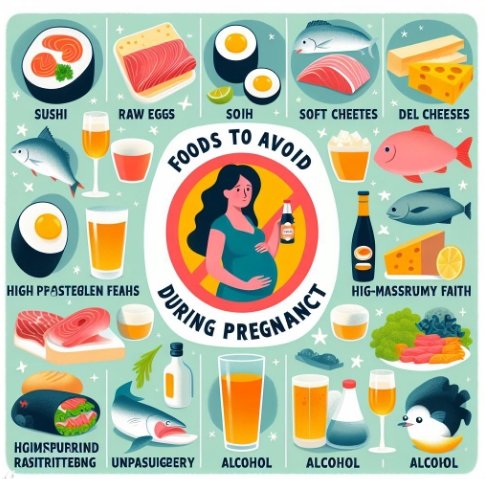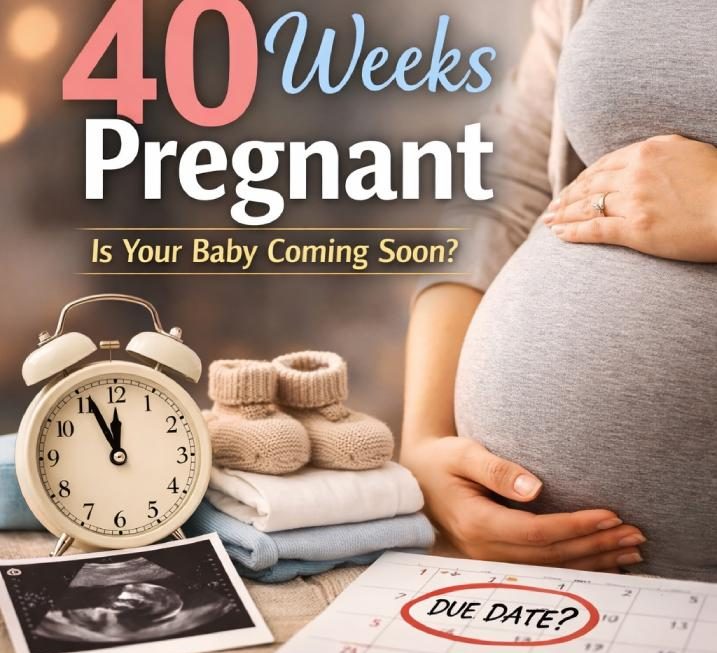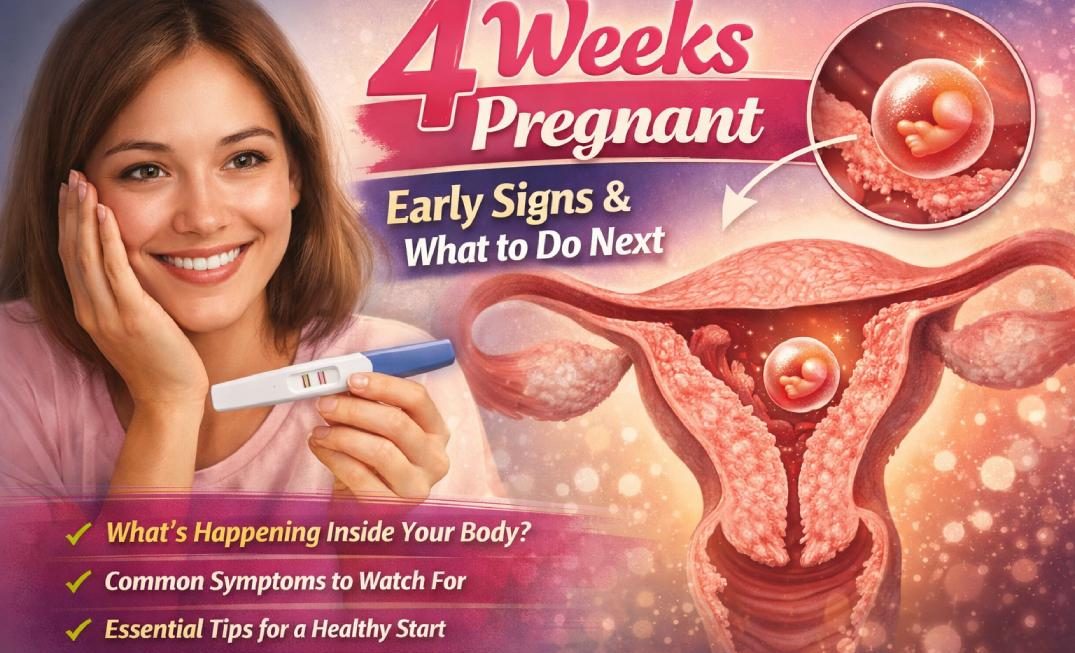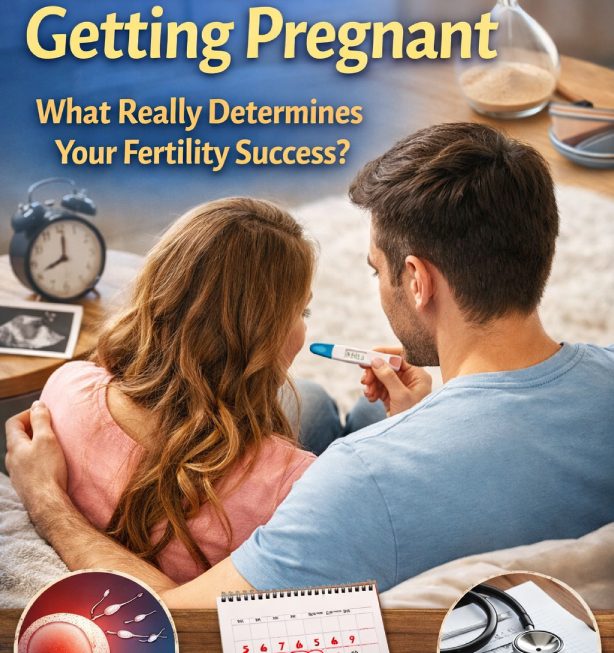During pregnancy, a woman’s diet plays a crucial role in ensuring the health and well-being of both the mother and the growing baby. While it’s essential to consume nutritious foods to support fetal development, it’s equally important to avoid certain foods that can pose risks to the pregnancy. In this comprehensive guide, we’ll explore what not to eat when pregnant to help expectant mothers make informed choices for a healthy pregnancy journey.
What Foods Should Pregnant Women Avoid?
Pregnant women should be cautious about their food choices to minimize the risk of complications. Let’s delve into the specific foods and beverages that are best avoided during pregnancy.
High-Mercury Fish
Mercury, a toxic metal, can harm the developing nervous system of the fetus. Therefore, pregnant women should steer clear of high-mercury fish such as swordfish, shark, king mackerel, and tilefish. Instead, opt for low-mercury alternatives like salmon, shrimp, catfish, and canned light tuna, which are safer options for consumption during pregnancy.
Raw or Undercooked Seafood
Raw or undercooked seafood, including sushi, oysters, and shellfish, may contain harmful bacteria and parasites such as listeria, salmonella, and toxoplasma, which can lead to foodborne illnesses and pose risks to the unborn baby. Pregnant women should avoid these raw or undercooked seafood dishes to prevent potential complications.
Deli Meats and Unpasteurized Dairy Products
Deli meats and unpasteurized dairy products are susceptible to listeria contamination, a bacteria that can cross the placenta and cause miscarriage, premature delivery, or stillbirth. To reduce the risk of listeriosis, pregnant women should avoid consuming deli meats, unpasteurized cheeses, and other dairy products made from raw milk. Opt for cooked deli meats and pasteurized dairy products as safer alternatives.
Raw Eggs and Foods with Raw Eggs
Raw eggs and foods containing raw eggs, such as homemade Caesar salad dressing, cookie dough, and eggnog, may contain salmonella bacteria, which can cause food poisoning. To safeguard against salmonella infection, it’s best to avoid consuming raw or undercooked eggs and opt for pasteurized egg products in recipes.
Unwashed Fruits and Vegetables
Fruits and vegetables are essential components of a healthy diet, but unwashed produce may harbor harmful bacteria and parasites, including toxoplasma and E. coli. Pregnant women should thoroughly wash fruits and vegetables under running water before consumption to remove dirt, bacteria, and pesticide residues, reducing the risk of foodborne illnesses.
Frequently Asked Questions (FAQs)
- Can I eat sushi while pregnant?
- It’s best to avoid sushi and other raw seafood during pregnancy due to the risk of foodborne illnesses such as listeriosis and salmonellosis. Opt for cooked sushi rolls or other cooked seafood options as safer alternatives.
- Is it safe to consume caffeine during pregnancy?
- While moderate caffeine intake is generally considered safe during pregnancy, excessive consumption should be avoided as it may increase the risk of miscarriage and low birth weight. Limit caffeine intake to 200 milligrams per day, equivalent to about one 12-ounce cup of coffee.
- Can I eat soft cheeses during pregnancy?
- Soft cheeses made from unpasteurized milk, such as Brie, Camembert, and feta, should be avoided during pregnancy due to the risk of listeriosis. Opt for pasteurized versions of soft cheeses to reduce the risk of foodborne illnesses.
- Is it safe to consume artificial sweeteners during pregnancy?
- While artificial sweeteners are considered safe in moderation, some studies suggest a potential link between high consumption of artificial sweeteners and adverse pregnancy outcomes. It’s best to limit intake and opt for natural sweeteners such as honey or maple syrup when possible.
- Should I avoid herbal teas during pregnancy?
- Certain herbal teas may contain ingredients that are not safe for pregnant women, such as licorice root, which can lead to adverse effects. Consult with your healthcare provider before consuming herbal teas during pregnancy to ensure they are safe for you and your baby.
Maintaining a healthy diet is essential for a successful pregnancy journey. By being mindful of what not to eat during pregnancy and making informed food choices, expectant mothers can promote the health and well-being of themselves and their unborn babies. Remember to consult with your healthcare provider for personalized dietary recommendations and guidance throughout your pregnancy.



